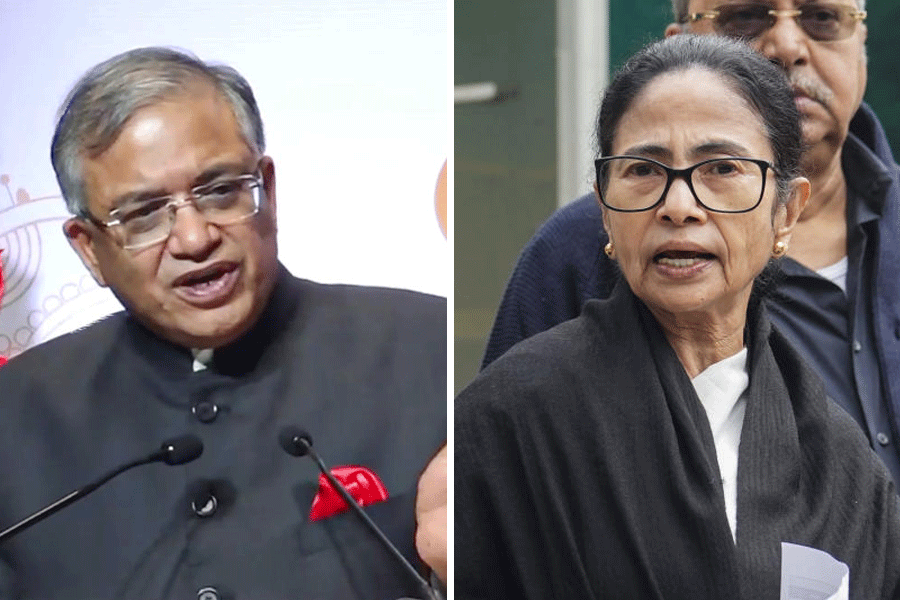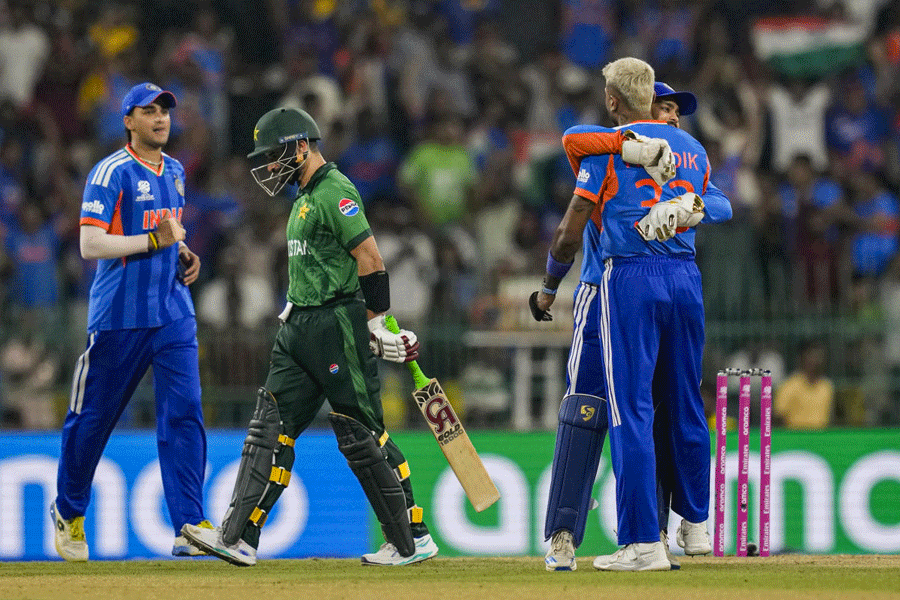The assessments for Classes III, VI, and IX are centred on the application of knowledge, fostering critical thinking and communication skills, and emphasising real-world problem-solving capabilities, the Council for the Indian School Certificate Examinations (CISCE) has informed educational institutions.
The correspondence outlines the details of SHINE (Student Holistic Insight and Nurturing Evaluation), an assessment launched by the CISCE, with a pilot program scheduled to take place in the next two months in around 300 schools across the country.
The assessments will be conducted in two phases — from October 6 to 17 and from November 10 to 21 — in 50 schools in Bengal and 21 in Calcutta that have chosen to participate.
Schools are currently distributing flyers to parents to inform them about the assessments and their objectives.
In Calcutta, many schools have decided to conduct the assessments in November. The schools were closed because of the Puja break and are reopening only around the middle of this week.
After about 10 days of school, they will close again for Diwali. The September 23 flood had forced some schools to close early for the vacation and push the half-yearly exams after the Puja break.
“We have decided to have the assessments in November. We have sent the council’s document to parents of all children from Classes I to XII. While the tests are for those in Classes III, VI and IX, parents of other children also need to know because in subsequent years their children will have to appear for it,” said Seema Sapru, principal, The Heritage School.
The assessment format for Class III would be “game-based”, and that of Classes VI and IX would be MCQ-based.
According to the council’s initial plan, the key stage assessments are intended for Classes III, V, and VIII; however, since the pilot is being conducted mid-session, students in VI and IX will participate in the first year.
The CISCE reports will be available at the student, school, and state levels.
“SHINE is an innovative assessment initiative by CISCE designed to help students discover their strengths, nurture their skills, and grow with confidence. Shine focuses on holistic development, interactive formats, and feedback that supports learning beyond the classroom,” the CISCE has said in the document.
Sri Sri Academy, Future Foundation School and La Martiniere for Girls are among the institutions that have selected the November window.
“The tests for all three levels will have to be carried out in the same window. We have selected November because our Class IXs won’t be available in October,” said Suchandra Laha, headmistress, Future Foundation School.
As the tests would be online, the schools require computer labs with council-prescribed specifications. “During the Puja break, we had kept our computers switched on because the council said they would install software online,” said Gargi Banerjee, principal, Sri Sri Academy.
Future Foundation wrote to parents about the assessments before the Puja break.
“The objectives of the CISCE key assessment are to provide diagnostic tools to identify learning gaps, assess student understanding of core concepts, promote competency-based education, and facilitate remedial actions for students. These tests are designed to assess the students’ subject knowledge, and no intense preparation is required from students,” the school wrote.










